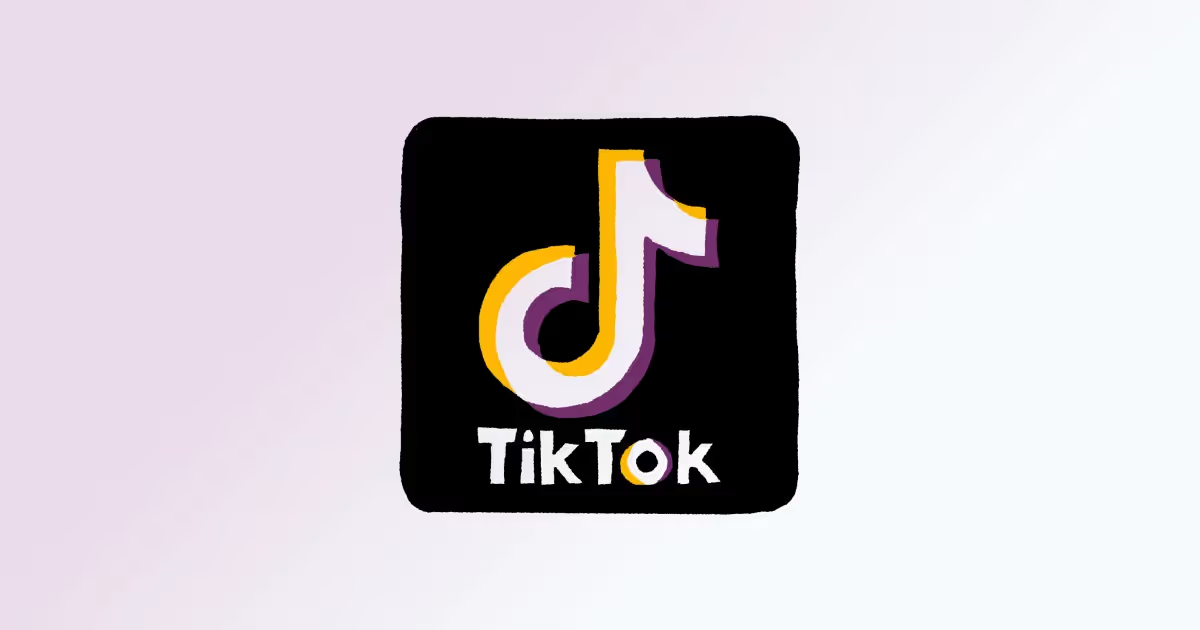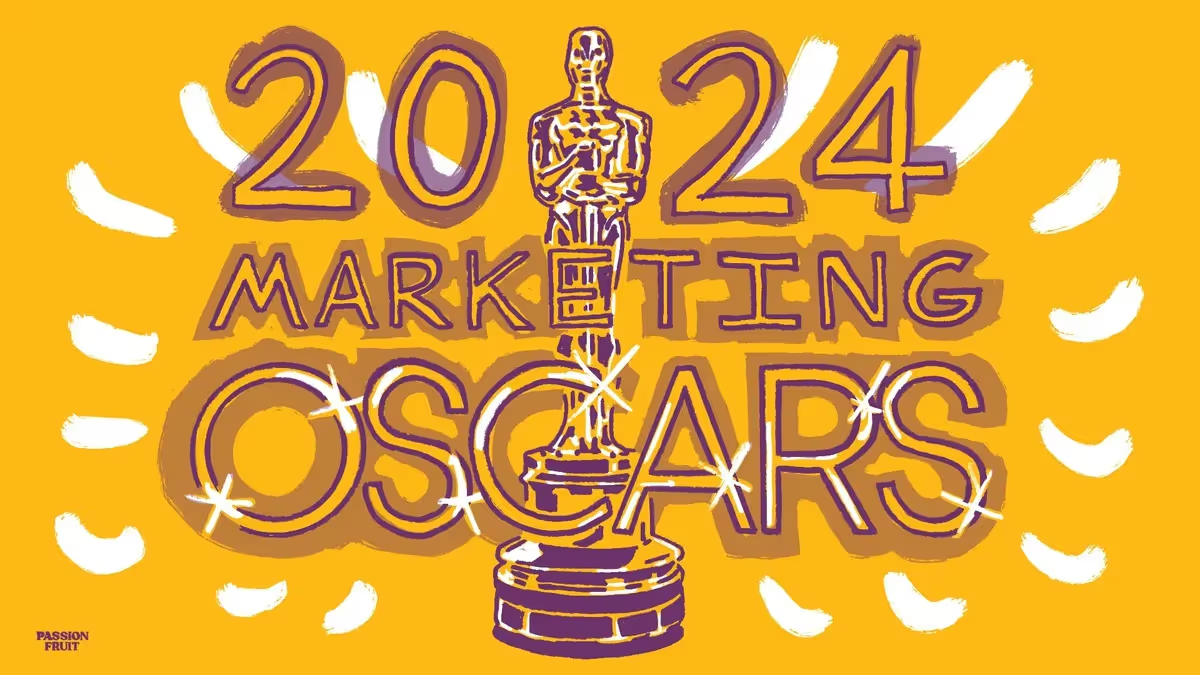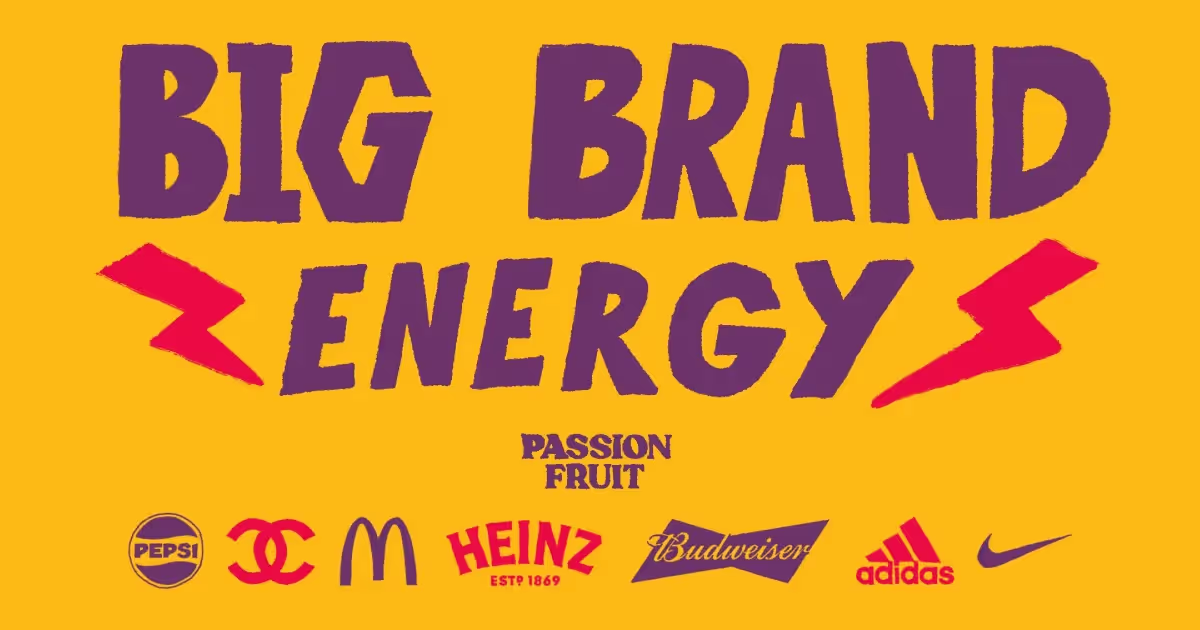Globally, there are few categories more competitive right now than the on-demand food delivery scene in the UK.
From the outside, it appears to be a relatively mature market with three heavy hitters in Deliveroo, Uber Eats and Just Eat; who are in the lead because of their dominance outside of London, but also because of Snoop Dogg? Looking closer, however, the majority of the pie is still up for grabs - with most people in the UK still not using any of the services over the past year.

That big black semi circle is the prize in what will be a $17.5bn market come 2024. But who is going after it?
The New Runners and Riders
A recent FT article by Tim Bradshaw listed the new runners and riders as Dija, Getir, GoPuff, Gorillas and Weezy.
These new apps differ from the old guard in two ways:
1) They focus on grocery delivery as opposed to takeaway delivery.
2) They are branded to compete on speed.
They represent a subset of a category, and many were only founded in the last few years, but they enjoy a collective valuation north of $14bn.
It’s a staggering number, given that the total category - inclusive of takeaway delivery - even in three years time, will only be worth 25% more. What’s more, the big beasts of Deliveroo, Amazon, Just Eat and even some supermarkets want a foothold in grocery delivery too; so competition will be fierce. Granted, for most of the new apps, the UK isn’t their only market, but it feels as if the speed of capital being injected is tied to the proclaimed speed of these grocery delivery services.

To give context, each venture capital funding round is a process which typically takes just under two years. Gorillas went from a $1.5m seed round to a $355m Series B in less than a year, and now to a reported $500m Series C in a matter of months.
There is some logic behind this speed and size of fundraising, however. With all things being equal (and they are, given that the functionality of each app itself is near-identical), if your competitor raises big amounts quickly, unless you do the same, they can establish excess share of voice (ESOV) and share of search (ESOS) to drown you out and make your investment worth nothing. (Get to grips with those two important concepts with the help of Mark Ritson). In this sense, the VC firms behind these companies are playing the most expensive game of chicken in business history: seeing who can raise the table stakes highest, fastest.
In the end, this brinkmanship will have one, maybe two winners and multiple losers. As the CEO of another, older delivery company, Delivery Hero, has put it: “There will be a lot of money lost along the way. Consumers will be happy but someone will have to pay for the party.”
Assuming little or no innovation around the product, this is a straightforward marketing shootout. GoPuff has only just acquired Fancy, which it will use as its launchpad into the UK, but let’s look at the status of the other contenders:
WEEZY
Founders: Kristof Van Beveren and Alec Dent
Money Raised: $21.3m (Series A)
As per their brand team, the Weezy angle is to “build the brand around quality rather than just convenience.” Leaning on a “superior product and service” versus “competitors focused solely on speed.” Its end goal is to win “with words” by “making people smile every time they come into contact with Weezy.” Twice in the last two weeks I have been politely stopped by a Weezy ambassador offering 50% off a first order, with a pretty-in-pink token.

They’re running the best ground game, for sure, but digitally it’s surprising to still see their Twitter skinned in their old brand; even if it’s not a channel they’re using.

That is an easy fix though, and their other social channels are a well curated blend of influencers like Pip Jolley, Olivia Burt and William Sitwell exploring the range of Weezy products. Anecdotally I’ve seen the least Weezy drivers out on the streets - and the pink is well designed to stand out. In a category where social network effects are vital, drivers-on-streets is a key opportunity for distinctiveness. But they’re one of the least funded, and given that performance marketing is their primary lever, the Series B round should bring the necessary firepower to start competing. If you’re going for the quality angle, there are also some clever partnerships to put in place; look at how Pasta Evangelists grew through a relationship with Harrods. For Weezy, it feels like all the ingredients are in place for them to be there at the end of the race.
Grade: A-
GORILLAS
Founders: Kağan Sümer and Jörg Kattner
Money Raised: $334.5m (Series B) - further $1bn Series C round imminent
Entering the London market from Berlin, the Gorillas team went with a hyper local approach, and you can feel it. For a few weeks it felt like every bus station in Angel had a Gorillas ad on it, their in-app partnership with East London food scene favourite Thomas Straker is on point, and they’ve been graffiting their rivals slick Underground media buys with a “guerilla” marketing campaign of their own.

For what it’s worth, it is the only contender I’ve heard spoken about at the pub (i.e. people in the area know that it exists). It feels like they’re running a tight playbook off a well-conceived, almost cheeky brand personality of being “Faster than you”, plus they’re already flexing into the charity space with a WWF partnership. If you had to pick a weak spot, the content on social channels comes across a bit random and that’s reflected in a relatively low social following (approx. 4k on IG) compared to their rivals.

I’m also surprised that there’s no content marketing play, given the brand personality is there as a foil. It wouldn’t have to be a long newsletter like this one, but something short and sharp… There’s a highlight on their Instagram of “Rider DJs” which suggests the seeds of an idea that would be worth fleshing out. Any which way, you can’t help but feel like the crown is theirs to lose.
Grade: A
GETIR
Founders: Arkady Volozh, Doğancan Dalyan, Mert Salur, Nazım Salur, Serkan Borançılı and Tuncay Tütek
Money Raised: $470m (Series C)
Everything about Getir comes across as a brand with too much money and not enough warmth. This is a company sitting on a near half billion dollar war chest that is putting out this kind of unbranded stock illustration.

Of course, there’s every chance that their performance marketing is reaping handsome rewards, but every visible element of their marketing needs some love. First up is the brand. While the identity is good (purple and yellow are distinctive), the rollout across the various touch-points feels lazy and that feels like it comes from a place of strategic laziness. Their tagline of, “we deliver groceries in minutes so there’s more time for scrolling”, feels like it should have been discarded in an early round of amends.
Where’s the tone of voice? The sense of a mission or vision? The single overriding communications objective? This is all fundamental, and no matter how much cash you pour on top of unstable foundations, eventually you’ll see that your castle is made of sand. The most important money Getir can spend right now is on a refreshed, well-considered brand strategy for their target markets. Bigger, better funded companies have come unstuck because of it - just ask Quibi.
Grade: B
DIJA
Founders: Alberto Menolascina and Yusuf Saban
Money Raised: $20m (Seed)
There’s not a lot to say here other than: Is anyone home, Dija? On the face of it, this is two ex-Deliveroo execs using their specific market knowledge to crack a new subset of the industry - it all makes sense. What doesn’t make sense is launching an Instagram channel then not posting for almost 20 days. The last comment on there doesn’t inspire much confidence.

The line on their Crunchbase profile about “our unique 10-minute delivery pledge”, makes you wonder if they’ve missed the memo. Meanwhile they’ve got their brand all dressed up in red, but their drivers are wearing neon yellow… It feels like a case of a false start. Their Director of Marketing is Chad West, who was previously Director of Marketing & Comms and early employee at Revolut, so let’s not judge too soon. The good news is that it’s pretty much a clean slate. Maybe big things are on their way…







